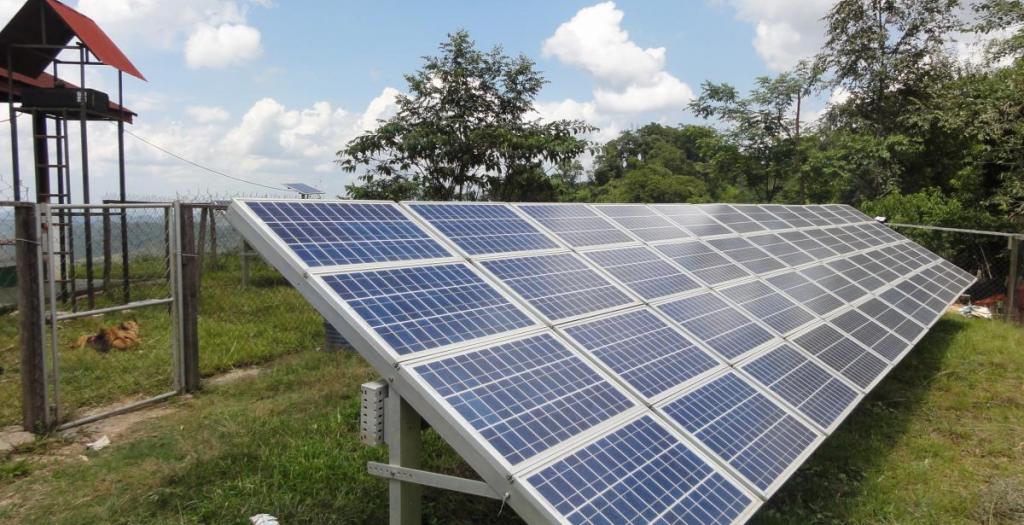Lilongwe, Malawi – Hivos Southern Africa and its partners in Malawi under the Green and Inclusive Energy (GIE) programme conducted a progress review of the programme since its launch in September 2016.
Partners in GIE Malawi include Community Energy Malawi (CEM), National Association of Business Women (NABW), Malawi Health Equity Network (MEHEN), Renew ‘N’ Able Malawi (RENAMA) and Youth Net and Counselling (Yoneco). While the programme was launched in September 2016, the disbursements of funds only started in January 2016. Since then, GIE Malawi partners have been implementing activities to increase awareness of green and inclusive energy among different target audiences.
Programme on track
“The meeting aimed to review the progress that has been made to date since we launched the GIE programme in Malawi,” said Reginald Mapfumo, Hivos Southern Africa’s Green Society Project Manager. “We want to make sure that we strengthen the partnership so that we can speak with one voice, and also use individual partners’ strengths to support the others so that we can achieve the goal of the programme.”
Partner organisations also confirmed that the September 2016 Theory of Change upon which the programme is based remains relevant in the current energy sector in Malawi.
Joint initiative for changing energy systems
The Strategic Partnership on GIE is a joint initiative of Hivos, ENERGIA and the International Institute for Environment and Development (IIED), funded by the Dutch Ministry of Foreign Affairs for five years starting in 2016. It aims at strengthening civil society organisations in low and middle-income countries to lobby effectively for making energy systems more green and inclusive. It is based on the assumption that strong civil society organisations make it easier to hear citizens’ voices.
The programme’s overall objective is to meet the energy needs of women and men for their daily activities, livelihoods, education and health through green and inclusive energy systems that create economic opportunities and growth while mitigating climate change.
Outcome harvesting
The GIE Malawi partners each provided an overview of the work that they have done under the programme as well as lessons learned and future plans.
The partners were also introduced to outcome harvesting, a method used to collect (“harvest”) evidence of what has changed (“outcomes”) and, then, working backwards, to determine whether and how an intervention has contributed to these changes.
According to betterevaluation.org, outcome harvesting has proven to be especially useful in complex situations when it is not possible to define concretely most of what an intervention aims to achieve, or even, what specific actions will be taken over a multi-year period.
Storytelling to enhance impact
The partners were also taken through the steps of effectively documenting their activities and giving stories a human face to enhance the impact of the programme. Stories illustrated with detailed imagery, human voices, key statistics on the state of energy in Malawi and evidence of interventions can play a key role in lobby and advocacy.
“In our advocacy and lobby on green and inclusive energy, stories can make up the oft-missing emotional link. They can inform policymakers and funders of realities on the ground. In effect, storytelling can make the development sector as a whole more reflective in its approach and policies,” said Masimba Biriwasha, Hivos Southern Africa’s Regional Communications Officer.




